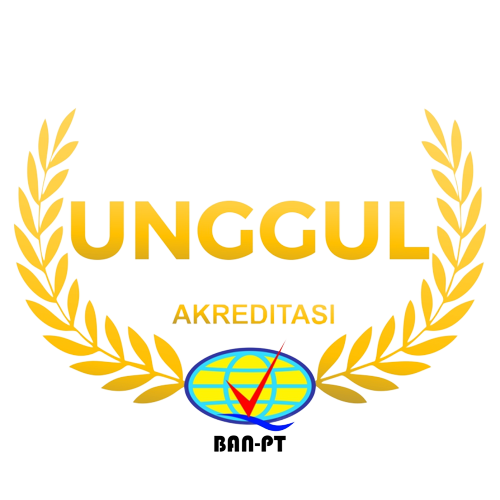 Bahasa Indonesia
Bahasa Indonesia English
English
You are here
Training on the Fabrication of Cellulose Extraction Processes from Tea Waste and the Fabrication of Nanocrystalline Cellulose-Based Bioplastics for Adiwiyata School Teachers in Yogyakarta City as an Effort to Combat Plastic Waste
Primary tabs

In addressing the priority issues identified in the dissemination and training on the production of bioplastic materials based on nanocrystalline cellulose from tea waste as an effort to combat plastic waste in the environment of SMAN 5 Yogyakarta, a comprehensive solution framework was proposed. The framework is systematically designed to address the high percentage of plastic waste in Indonesia, which causes environmental pollution given that plastic waste is non-biodegradable. The solution is tailored to the context of our partner school's education, which has implemented the Adiwiyata school program to achieve measurable and far-reaching results, especially for the school community. The target audience for the activity of producing bioplastic materials based on nanocrystalline cellulose from tea waste as an effort to combat plastic waste is teachers at Adiwiyata schools in Yogyakarta.
The Community Service Activity (PkM) was held on Tuesday, August 19, 2025, at SMAN 5 Yogyakarta. This activity was attended by 15 teachers from SMAN 5 Yogyakarta, 30 students, and lecturers and students from the Department of Physics Education, FMIPA UNY. The event took place from 1:00 PM to 4:00 PM, beginning with participant registration and opening remarks by the Principal of SMAN 5 Yogyakarta, Mrs. Siti Hajarwati, S.Pd., M.Pd.Si., and the Head of the Community Service Team. After the opening, the activity continued with the presentation of material covering an overview of the physics material research group of the Department of Physics Education, the potential of organic waste as raw material for bioplastics, and training in cellulose extraction from tea waste and the fabrication of bioplastics based on nanocrystalline cellulose. The presentation also addressed the urgency of reducing plastic waste in Indonesia, the potential of tea waste as a cellulose source, and the role of bioplastics as an environmentally friendly alternative solution.
During the core session, participants received training material on the stages of cellulose extraction from tea waste through the processes of alkalization, bleaching, and acid hydrolysis to form nanocrystalline cellulose. The nanocrystalline cellulose was then fabricated into bioplastics using polyvinyl alcohol (PVA) as a matrix and glycerol as a plasticizer through the film casting method. This process was demonstrated by a team of lecturers using simple laboratory equipment so that participants could understand it. In addition to the laboratory method, a simple practicum was also conducted using easily found tools and materials, such as tapioca flour, tea waste, vinegar, glycerol, hot water, food coloring, aluminum foil, a 500 mL glass beaker, a stirrer, gloves, and a stirrer as a heater. The manufacturing stage began by mixing 20 grams of tapioca flour and 10 grams of tea leaves into 400 mL of hot water. The mixture was heated and stirred until well blended, while 8 mL of glycerol, 4 mL of vinegar, and food coloring were added to the solution to give the bioplastic its color. The mixture is heated until thickened, then poured onto aluminum foil and dried for three days to produce elastic and transparent bioplastic sheets. This simple method is designed to be replicated independently by teachers and students using easily accessible materials in their surroundings.
In addition to the presentation of material, there was also a question and answer session for participants who wanted to ask questions. The enthusiasm of the participants was evident from their active participation in the discussion session, which discussed the possibility of applying bioplastics and a demonstration of bioplastic fabrication. The evaluation results showed that all participants were present throughout, followed the activities from start to finish, and provided positive feedback on the relevance of the training to the needs of Adiwiyata schools. Overall, this activity successfully increased the knowledge and skills of teachers and students in utilizing organic waste into environmentally friendly products. This activity also had a sustainable impact in the form of opportunities to apply bioplastic practicums in project-based learning at SMAN 5 Yogyakarta, the preparation of scientific articles for publication in international journals, and plans to renew cooperation between FMIPA UNY and partner schools in order to strengthen sustainable environmental programs.

Kontak Kami
Program Studi Pendidikan Fisika
FMIPA Universitas Negeri Yogyakarta
Kampus Karangmalang Yogyakarta 55281
Telepon dan fax (0274) 550847
Email: pend_fisika@uny.ac.id
Copyright © 2026,
